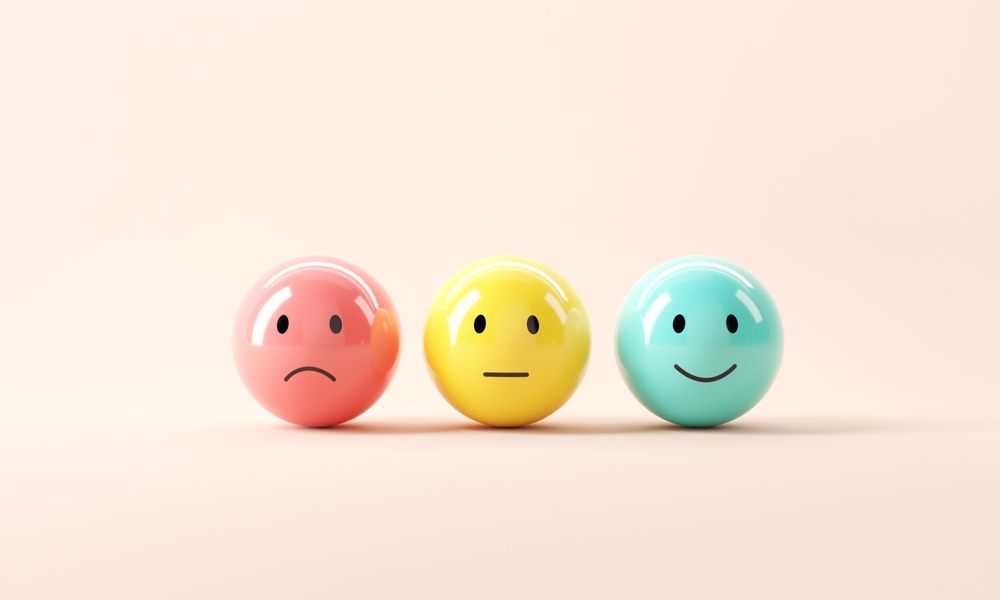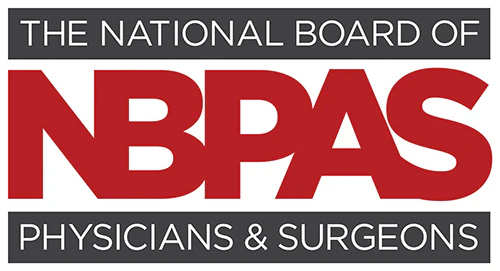The Merriam-Webster Dictionary defines moods as “a conscious state of mind or predominant emotion.”
Moods are influenced by a combination of three factors: biology (e.g., hormones and brain chemicals), psychology (e.g., personality and learned responses), and environment (e.g., illness, emotional stress, etc.). It can be difficult to recognize and accurately identify our moods without practice. Lacking access to and being unable to notice our moods can hinder our ability to intentionally shift them. Understanding your moods may help you work out what causes them and how you tend to behave when you are in different moods. Consider the following suggestions to help cultivate and practice getting attuned to your mood, provided by Psychology Today:
- Start by taking your emotional temperature by asking yourself
- What feelings am I aware of having?
- What is the most prominent?
- When did I become aware of this feeling?
- Notice if you begin to judge what and how you are feeling.
- Identify your stressors by asking yourself:
- What might be triggering this feeling?
- What is or is not currently happening that may be contributing my mood?
It is helpful to be mindful of the fact that moods are a natural part of your emotional rhythm. When you become more aware of your moods, you will be better equipped to make informed health decisions, avoid triggers of negative moods, and manage your lifestyle choices more effectively.
How Do Our Thoughts Impact Our Moods?
Thought is defined as “an idea or opinion produced by thinking, or occurring suddenly in the mind.” Scientists have discovered that our emotions are often caused by our thoughts, and our emotions shape our moods. This notion is clearly articulated in clinical data provided from an article in the National Library of Medicine called How Self-Generated Thought Shapes Mood, which concluded that “if individuals simply simulated a current concern, without attempting to generate possible solutions, this could prolong the influence that the unfulfilled goal has on mood. By contrast, future-related thoughts allow individuals to create plans and so could provide the individual with mental strategies or heuristics that could then be used to resolve these issues in the future. In this way self and future-related thoughts may reduce the negative influence that current concerns have on mood.” There is even a form of psychotherapy that is based off the notion that our thoughts directly impact our moods.
Cognitive Behavioral Therapy
In the 1960s, a psychiatrist, Aaron Beck, invented cognitive behavioral therapy (CBT). Through his studies, he came to realize that there was an undeniable and imperative link between an individual’s thoughts and feelings. He found that it was not uncommon for individuals to be unaware of the link between how their negative thoughts adversely affected their emotions. He learned that guiding an individual to name and identify the thoughts perpetuating negativity was helpful in an individual overcoming related difficulty. Initially Beck named this therapy cognitive therapy because of the integral importance that is placed on thinking, but later it was renamed as cognitive behavioral therapy.
Further Information and Support
The challenges that arise from living with mental illness can quickly become all-consuming and impossible to navigate. Proper diagnosis and treatment can significantly improve one’s overall well-being and quality of life. Seeking help is never easy, but you are not alone! We at Arizona Psychiatric Health, believe in the uniqueness and complexity of every individual. We strive for excellence in systematic evaluation; and provide unparalleled psychiatric services that focus on professionalism, compassion, discretion, and optimal outcome to ease the pain of mental illness, and to help our patients achieve their fullest potential.
If you or someone you know needs mental health treatment, we strongly encourage you to pursue professional guidance as soon as possible. We are available to answer any questions and are certainly happy to discuss how we might best be able to help you or your loved one cultivate a healthy, authentic, and fulfilling life that both promotes and supports true wellness. Feel free to contact us by phone at 602-883-2318 or via email. We look forward to supporting you on your journey.






